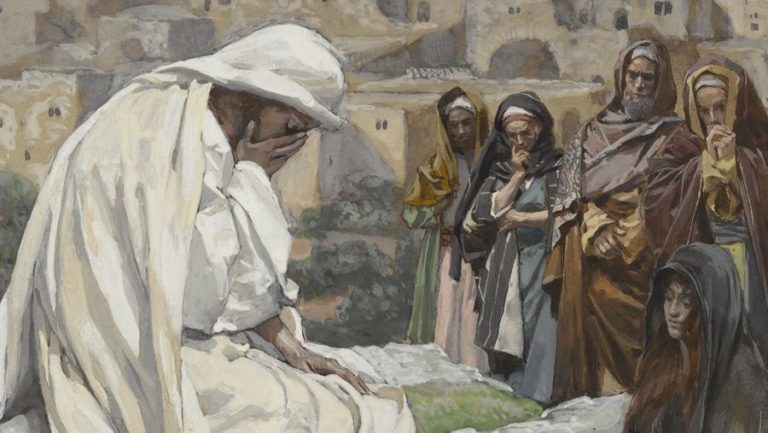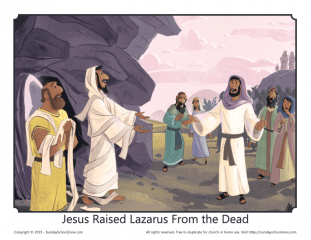
Although Lazarus had died, Jesus said, “Let us go to him.” (John 11:15) (John 11:11-14)įor the sake of his disciples, Jesus rejoiced that he had not been in Bethany, for what was about to take place would lead them to “believe” or would strengthen their faith in him as God’s Son. To correct their misunderstanding, Jesus said, “Lazarus died,” thereby also revealing to them his being in possession of miraculous knowledge. They understood this to mean that Lazarus was getting his rest and would get well. Jesus then told the disciples that their friend Lazarus had fallen asleep and he would be going to awaken him. When he would be taken away from them in death, darkness would set in for them, causing them to succumb to fear and to scatter. Moreover, while with his disciples, he served as a light to them. It continued to be daylight for carrying out his commission, which included bringing comfort to those in distress. If, though, a person walked in the night, he would stumble because the light would not be “in him.” (John 11:9, 10 see the Notes section regarding verse 10.) In daylight, one would be able to see obstacles and avoid them, but darkness conceals, creating a far greater likelihood for tripping over an object in one’s path.Īs far as Jesus’ activity was concerned, the night had not yet come when he would be arrested and killed. “Are there not twelve hours of day?” By walking in the day, one would not stumble, for one would see the “light of the world” or the sun. Jesus assured them that they had nothing to fear. In disbelief, the disciples asked, “Are you going there again?” (John 11:7, 8)

When he then told his disciples about his decision to go with them to Judea, they were shocked, reminding him that the unbelieving Jews there had intended to stone him. Indicating that this delay did not reflect unfavorably on his compassion, the account says that Jesus loved Martha, her sister, and Lazarus. He did not leave for Bethany immediately but stayed two days longer where he was.

(Compare John 11:40, where Jesus reminded Martha about having told her about seeing the glory of God.) By his words (which would have been related to Martha and Mary), Jesus desired to provide hope to them. (John 11:4) This would be because his greatness would be revealed in an astonishingly impressive way. Moreover, through this illness, he, the Son of God, would be glorified. To the messenger or messengers, Jesus then indicated that the sickness would not have death as its final outcome but would serve to bring glory or praise to God. They sent him the following message about Lazarus, “The one whom you love is sick.” (John 11:1-3, 18 see the Notes section regarding verse 2.) Lazarus became seriously ill, and his sisters apparently looked to Jesus either for comfort or to restore their brother to good health. Martha, her sister Mary, and their brother Lazarus lived in Bethany, a village about two miles from Jerusalem.


 0 kommentar(er)
0 kommentar(er)
